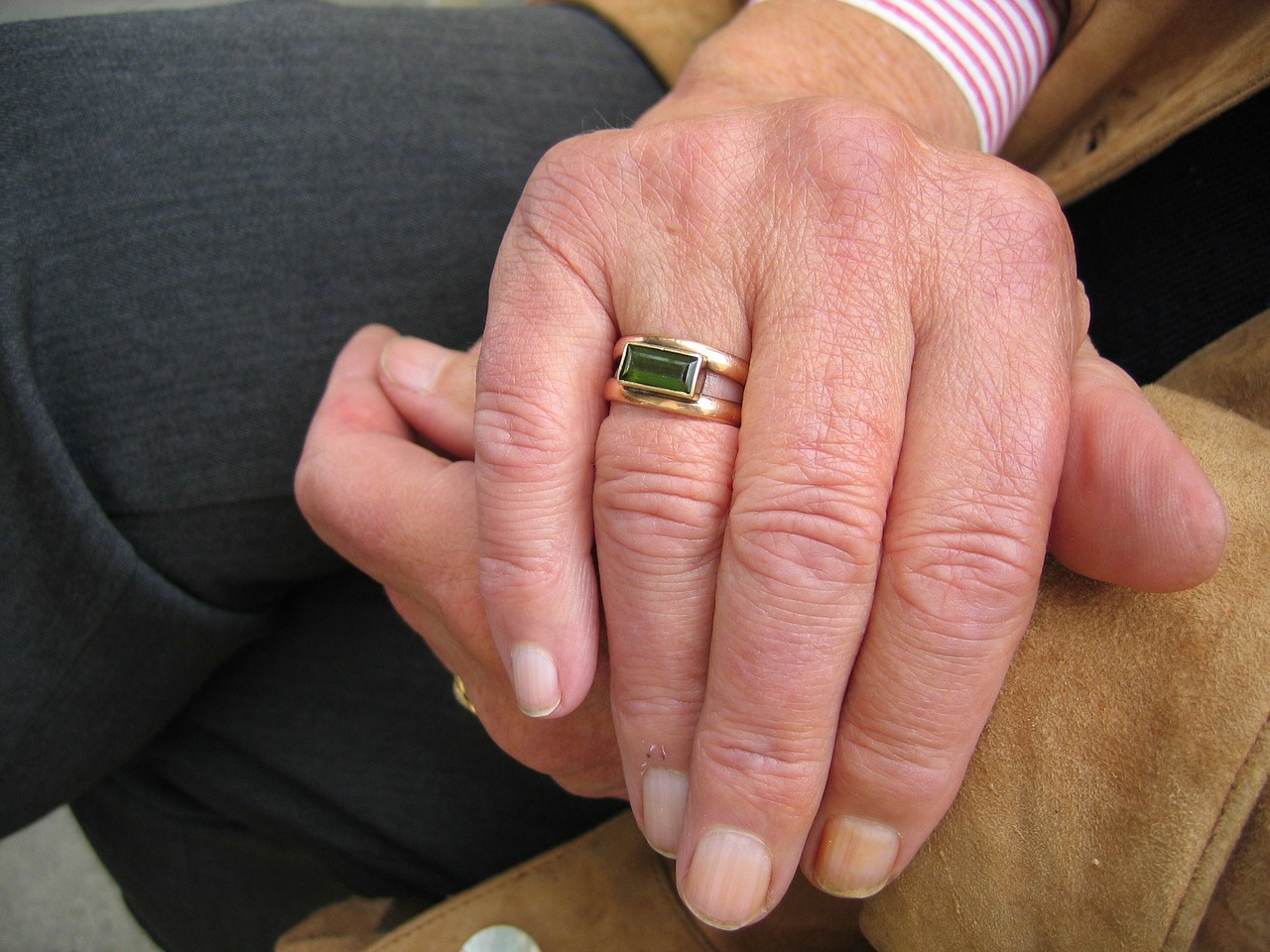
Demystifying the Process of Grief
There is nothing mysterious about grief. It’s a very real emotion, and it’s one of the most common experienced by human beings. Most grief goes through set stages, sometimes in order and sometimes not. Other types of grief linger for many years and never fade. But if there’s one thing we can all agree on is that grief is real and must be dealt with in a healthy manner. Have you recently lost a loved one in San Mateo and elsewhere? Perhaps bereavement services can be that first healthy step for you as you come to terms with the gravity of your loss.
There are many common myths and misconceptions about the grieving process, and we are here to go over them and clarify matters.
No One-Size-Fits-All
The first fact to remember about grieving is that this is not a one-size-fits-all process — not by a long shot. Of course, things in life are easier when a clear path is laid out for us. It would be great to fit everything into a neat little box but that’s not reality. Elizabeth Kübler-Ross, a Swiss American psychiatrist, wrote about her theory on the five stages of grief and loss in her book “On Death and Dying” back in 1969. It’s often used as the template upon which grief rests, but it’s not Bible — at least in regards to the order. Most people experience the following five stages of grief after losing someone they love, or even after going through a divorce or job loss:
- Denial
- Anger
- Bargaining
- Depression
- Acceptance
The amount of time you spend navigating these stages will vary by person. It could take one person a couple of weeks to process the emotion of grief, while it could take someone else years to heal from it. Many don’t experience them in the order listed above, says PsychCentral, and some jump back and forth from one stage to the other. Still, others skip one or two of the emotions, processing their loss altogether differently. These five stages of grief should serve as a reference rather than a rule.
Grief is an Intensely Personal Process
There is not a human on this planet that doesn’t grieve in some way at some time. But the way in which we all handle this emotion is different. We all have different lives, cultures, socio-economic statuses, relationships, jobs, experiences, and more that affect how and when we grieve. Every goodbye comes with its own challenges. Your reaction will be unique because you are a unique person. As such, your grief is individual and personal.
Of course, you can’t ignore the fact that there are basic patterns that follow loss, such as sadness, anger, frustration, guilt, and regret. But in terms of explicit stages that you have to follow in order to get past your grief? Doesn’t exist. If you try to align yourself with those set stages of grief, you are setting yourself up for confusion, guilt, and more pain as you go through the journey of grief. Don’t try to fit yourself into those boxes. Instead, embrace your own individual experience and see where it takes you. This is the only way to truly heal.
Grief Has No Timetable
Time heals all wounds: we’ve all heard the saying before. The basic gist of this is: you will eventually get over it and get on with your life! But for anyone who’s ever lost someone dear to their heart, we never “get over it.” Grief isn’t done in one week, one month, one year…it’s often a lifelong process that we all have to learn to deal with it. It’s more a process of learning to live with the grief, rather than “getting over it.” Some people appear to move on more quickly than others. But we never know a person’s story and we can’t understand what’s going on behind the scenes. Just as there are no set stages of grief, there are no set timetables of grief.
Loss Changes You
After loss, the reality is that you may never feel the same way as before. You will still have that connection and bond with your deceased loved one, and just because they have passed, doesn’t mean those feelings vanish. We as a people are inherently resilient when experiencing loss, but grief is disabling for many people. There’s a lot of talk about “closure” after loss, but the reality is, grief isn’t like a door that slams shut when someone dies. Tragedy and loss are forever emotions, and often times closure can’t be forced or even expected at all.
Contact Pathways Home Health and Hospice
If you are stumbling your way through grief and don’t know where to turn, we are here to offer a helping hand. Contact us at 888-978-1306 to explore our bereavement services, which include grief counseling, support groups, workshops, memorials, and other helpful resources.

